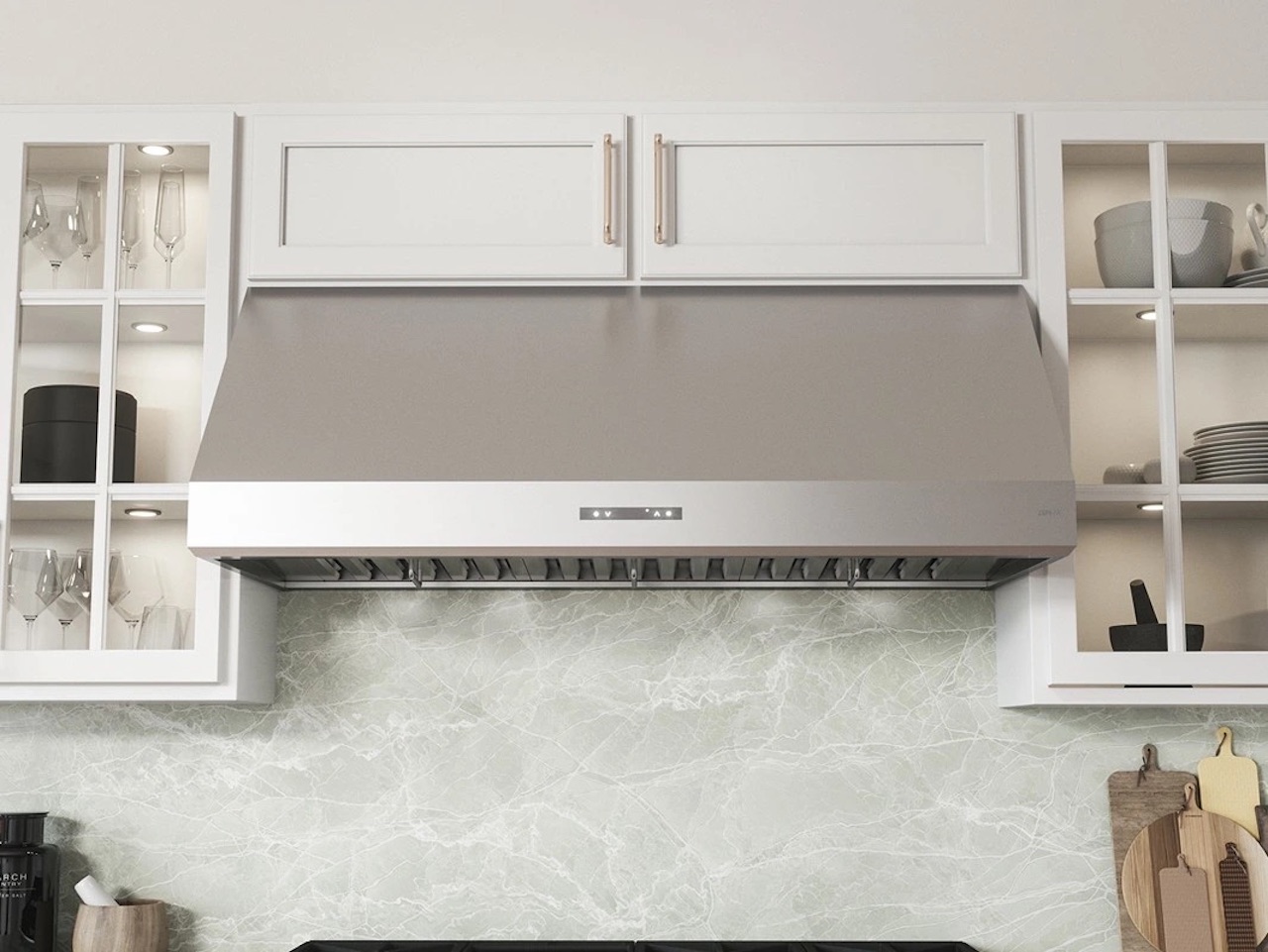

Articles
What Is Sones Rating For Range Hood
Modified: February 27, 2024
Learn about the Sones rating for range hoods in our informative articles. Discover how noise levels impact your kitchen environment and make an informed decision for your home.
(Many of the links in this article redirect to a specific reviewed product. Your purchase of these products through affiliate links helps to generate commission for Storables.com, at no extra cost. Learn more)
Introduction
Welcome to the world of range hoods, where functionality meets style in the kitchen. A range hood is an essential appliance that not only adds a touch of elegance to your cooking space but also plays a vital role in maintaining a clean and healthy environment. It is a common misconception that range hoods are only meant to eliminate cooking odors and smoke. While this is true, they also serve an important purpose in removing harmful pollutants and improving air quality.
When shopping for a range hood, you may come across the term “sones rating.” This rating is a crucial factor to consider when choosing the right range hood for your kitchen. Understanding the significance of the sones rating and how it affects the overall performance of the range hood is essential to make an informed decision.
In this article, we will explore the concept of sones rating, how it is determined, and its importance in choosing the right range hood for your home. We will also discuss the benefits of lower sones rating and common sones ratings for range hoods. So, let’s dive in and unravel the mystery behind the sones rating!
Key Takeaways:
- Sones rating is crucial when choosing a range hood, impacting noise level and performance. Lower sones ratings offer benefits like reduced noise, enhanced comfort, improved air quality, and increased efficiency, creating a peaceful cooking environment.
- Consider personal sensitivity to noise, kitchen layout, cooking habits, and budget when choosing a range hood with the right sones rating. Common sones ratings range from very quiet to loud, so finding the balance between noise level and performance is essential.
Read more: What Is A Range Hood
Understanding Range Hoods
Before delving into the intricacies of sones rating, let’s first develop a comprehensive understanding of range hoods. A range hood, also known as a kitchen hood or exhaust hood, is a ventilation appliance installed above your kitchen stove or cooktop. It is designed to remove airborne pollutants, smoke, grease, and cooking odors that are produced while cooking.
A range hood consists of a hood enclosure, fan or blower, filters, and a duct system. The hood enclosure captures and contains the smoke and odors generated during cooking, while the fan or blower pulls the air through the filters, trapping grease and other particles. The filtered air is then expelled outside through the duct system, effectively extracting the contaminants and improving indoor air quality.
Aside from their primary function of air purification, range hoods also help prevent the buildup of heat and humidity in the kitchen, reducing the discomfort while cooking. In addition, they aid in preventing potential damage to kitchen cabinets and paint by removing moisture and grease that can accumulate on surfaces over time.
Moreover, range hoods come in a variety of styles, sizes, and designs to suit different kitchen aesthetics and personal preferences. Whether you have a traditional or modern kitchen, there is a range hood available that can complement your decor and enhance the overall look of your cooking space.
Now that we have a clear understanding of range hoods, let’s explore the importance of sones rating and how it affects the performance of these appliances.
Importance of Sones Rating
The sones rating is a crucial factor to consider when choosing a range hood because it determines how loud or quiet the appliance will be during operation. The level of noise produced by a range hood can have a significant impact on your overall cooking experience and the comfort of your kitchen environment.
By selecting a range hood with an appropriate sones rating, you can ensure that the noise generated by the fan or blower is at a tolerable level, allowing for a more peaceful and enjoyable cooking experience. A range hood with a low sones rating will be quieter, making it easier to have conversations, listen to music, or watch television while cooking without being disrupted by excessive noise.
Additionally, a lower sones rating means that the range hood is operating more efficiently and effectively in removing smoke, odors, and pollutants from the kitchen. By reducing the noise level, the range hood allows you to focus on your culinary endeavors without distractions and with better airflow, resulting in a more pleasant cooking environment.
On the other hand, a range hood with a high sones rating can be quite noisy, causing annoyance and discomfort during cooking. This can be especially problematic in open-concept kitchens where the cooking area is adjacent to the dining or living area, as the noise can easily carry and disrupt conversations or activities in the surrounding space.
Furthermore, a range hood with a high sones rating may not effectively extract and filter the air, compromising its overall performance. This can lead to lingering odors, poor air quality, and a less than satisfactory cooking experience.
Overall, the sones rating of a range hood is crucial in ensuring a peaceful and efficient cooking environment. It is important to find the right balance between noise level and performance to enhance both the functionality and comfort of your kitchen.
What is Sones Rating?
Now that we understand the importance of the sones rating, let’s dive into what exactly it refers to. Sones rating is a unit of sound measurement used to quantify the noise level produced by a range hood. It is an industry-standard method employed to provide consumers with a clear indication of how loud or quiet a range hood will be during operation.
The sones rating scale ranges from 0 to 11, with 0 representing a completely soundless operation and 11 indicating an extremely loud noise level. The lower the sones rating, the quieter the range hood will be during use.
It is important to note that the sones rating is a subjective measurement that is based on human perception of sound. The scale is designed to correlate the perceived loudness of a range hood with the sones rating. For example, a range hood with a sones rating of 1 is considered very quiet, while a range hood with a sones rating of 6 or higher may be perceived as significantly louder.
It is also worth mentioning that sones rating does not signify the sound frequency or pitch of the noise produced by the range hood. It solely indicates the overall loudness level, allowing consumers to make informed decisions based on their desired noise tolerance.
When comparing range hoods, it is essential to consider the sones rating alongside other specifications such as the airflow capacity, size, and design. This way, you can find a range hood that meets your specific needs in terms of both performance and noise level.
Now that we have a clear understanding of what the sones rating represents, let’s explore how it is determined for range hoods.
How Sones Rating is Determined
The sones rating of a range hood is determined through a standardized testing procedure. The process involves measuring the sound produced by the range hood at various fan speeds and then converting those measurements into a sones rating on a logarithmic scale.
During the testing, a sound meter is placed at a specific distance from the range hood to capture the sound emitted during operation. The sound meter records the noise level in decibels (dB), which is then converted into sones using a mathematical formula.
To calculate the sones rating, the decibel measurement is adjusted to account for how humans perceive sound. This adjustment takes into consideration the sensitivity of the human ear to different frequencies of noise. The formula used to convert decibels to sones is as follows:
Sones = 2^(adjusted decibel/10)
The adjusted decibel level indicates how loud the range hood sounds to the human ear, incorporating the frequencies that human ears are more sensitive to. By using this formula, the sound measurement is transformed into a sones rating.
It is important to note that the sones rating is typically given for the highest fan speed setting of the range hood. This is because the sones rating can vary depending on the fan speed selected. Generally, higher fan speeds produce more noise, resulting in a higher sones rating, while lower speeds tend to be quieter.
By undergoing this standardized testing process, range hood manufacturers are able to provide accurate and consistent sones ratings for their products. This allows consumers to make informed decisions based on the noise level they are comfortable with in their kitchen environment.
Now that we understand how the sones rating is determined, let’s explore the factors that can affect the sones rating of a range hood.
When looking for a range hood, consider the sones rating to determine the noise level. Lower sones indicate quieter operation, making it more comfortable in the kitchen.
Read more: What Is A Range Hood Filter
Factors Affecting Sones Rating
Several factors can influence the sones rating of a range hood. Understanding these factors can help you determine the most suitable range hood for your kitchen based on your desired noise level and performance requirements. Let’s explore the key factors that can affect the sones rating:
- Fan Speed: The fan speed setting plays a significant role in determining the sones rating of a range hood. Generally, higher fan speeds result in louder operation and a higher sones rating, while lower speeds tend to be quieter. It is important to note that sones ratings provided by manufacturers are typically measured at the highest fan speed setting.
- Fan Design: The design and construction of the fan or blower mechanism can impact the noise level produced by the range hood. Fans with advanced engineering and sound-reducing features, such as insulated motors and quiet operation technology, tend to have lower sones ratings. Additionally, fan blades that are well-balanced and properly aligned can contribute to smoother and quieter operation.
- Ductwork: The type and quality of the ductwork installed with the range hood can affect the sones rating. Smooth and properly insulated ductwork helps minimize air turbulence and reduces noise transmission. On the other hand, ductwork with sharp bends or incorrect sizing can cause increased airflow resistance and noisier operation.
- Distance: The distance between the range hood and the area where the sound is being measured can impact the recorded sones rating. For accurate comparisons, it is crucial to ensure that the testing procedure follows standardized guidelines, including consistent placement of the sound meter at a specific distance.
- Ventilation System: The overall ventilation system of your kitchen, including factors such as the length and configuration of the ductwork, the presence of backdraft dampers, and the location of the exterior vent, can influence the sones rating. A well-designed and properly installed ventilation system can help reduce noise and improve the performance of the range hood.
It is important to consider these factors when selecting a range hood based on the desired sones rating. By understanding the factors influencing the noise level, you can choose a range hood that aligns with your personal preferences and creates a comfortable cooking environment in your kitchen.
Now that we understand the factors affecting the sones rating, let’s discuss how to choose the right sones rating for your range hood.
Choosing the Right Sones Rating for Your Range Hood
When it comes to choosing the right sones rating for your range hood, it’s important to consider your specific needs and preferences. Here are some factors to keep in mind:
- Personal Sensitivity: Evaluate your sensitivity to noise. If you are particularly sensitive to loud sounds, you may want to opt for a range hood with a lower sones rating to ensure a quieter cooking experience. On the other hand, if noise is less of a concern for you, you may be more flexible with a higher sones rating.
- Kitchen Layout: Consider the layout of your kitchen and the proximity of the cooking area to other living spaces. If your kitchen is open-concept and connected to the dining or living area, you may want to prioritize a lower sones rating to minimize noise disruption in the surrounding spaces. For closed kitchen layouts, the sones rating can be more flexible.
- Cooking Habits: Take into account your cooking habits and the frequency with which you use the range hood. If you are an avid cook who spends a lot of time in the kitchen, you may want to invest in a range hood with a lower sones rating to ensure a quieter cooking environment. However, if you only use the range hood occasionally, you may be more willing to tolerate a higher sones rating.
- Budget and Features: Consider your budget and the features you prioritize in a range hood. Range hoods with lower sones ratings may come with additional features and technologies that contribute to their quieter operation. However, these models may be more expensive. Assess your budget and determine the trade-offs you are willing to make between noise level and features.
By evaluating these factors and considering your personal preferences, you can select a range hood with the most appropriate sones rating for your kitchen. Remember to also take into account other essential specifications such as airflow capacity, filtration system, and design to ensure optimal performance alongside the desired noise level.
Now that we have discussed how to choose the right sones rating, let’s explore the benefits of opting for a range hood with a lower sones rating.
Benefits of Lower Sones Rating
Opting for a range hood with a lower sones rating can offer several benefits for your kitchen and overall cooking experience. Here are some advantages of choosing a range hood with a lower sones rating:
- Reduced Noise: The most obvious benefit of a lower sones rating is reduced noise. A range hood with lower sones rating operates more quietly, allowing for a more peaceful cooking environment. This means you can engage in conversations, listen to music, or watch TV without being disturbed by excessive noise.
- Enhanced Comfort: With a quieter range hood, you can enjoy a more comfortable cooking experience. The reduced noise level ensures that your kitchen remains a calm and inviting space, allowing you to focus on your culinary endeavors without distractions. It also minimizes any discomfort that may arise from loud cooking appliances.
- Improved Air Quality: Range hoods with lower sones ratings are often equipped with efficient ventilation systems. These systems effectively remove smoke, cooking odors, and airborne pollutants from your kitchen, resulting in improved indoor air quality. By selecting a range hood with a lower sones rating, you can ensure that your cooking space remains fresh and free from unwanted odors.
- Increased Efficiency: A lower sones rating is indicative of a more efficient range hood. These appliances are designed to provide optimal performance while operating quietly. With a range hood that efficiently removes smoke, grease, and other particles, you can enjoy a cleaner kitchen environment and a more enjoyable cooking process.
- Greater Flexibility: A range hood with a lower sones rating gives you the flexibility to use it at any time without worrying about being disruptive. Whether you’re an early morning chef or a late-night cook, you can confidently use your range hood without disturbing others in your household.
Ultimately, choosing a range hood with a lower sones rating contributes to a more pleasant and enjoyable cooking experience. It allows you to create a peaceful and comfortable environment in your kitchen while efficiently removing pollutants from the air.
Now that we understand the benefits of selecting a range hood with a lower sones rating, let’s explore the common sones ratings you may encounter when shopping for a range hood.
Common Sones Ratings for Range Hoods
When shopping for a range hood, you will come across various sones ratings that indicate the noise level of the appliance. Understanding the different sones ratings can help you make an informed decision and choose the range hood that best suits your needs. Here are some common sones ratings you may encounter:
- 0-3 Sones: Range hoods with sones ratings between 0 and 3 are considered very quiet. These appliances produce minimal noise during operation and are ideal for those who prioritize a peaceful cooking environment. The low sones rating ensures minimal disruption, allowing you to carry on conversations or enjoy other activities while cooking.
- 4-6 Sones: Range hoods with sones ratings between 4 and 6 are moderately quiet. While they may produce slightly more noise than their lower-rated counterparts, they still offer relatively peaceful operation. This range of sones rating is suitable for individuals who desire a quieter range hood without compromising on performance.
- 7-9 Sones: Range hoods with sones ratings between 7 and 9 are moderately loud. These appliances produce a noticeable level of noise during operation but are still tolerable for many users. They are commonly found in kitchens where noise level is a consideration, but other factors such as budget or specific features may also come into play.
- 10+ Sones: Range hoods with sones ratings of 10 or higher are loud. These appliances may produce significant noise during operation and are generally less preferred for those seeking a quiet cooking environment. However, range hoods in this range can still be effective at removing smoke and odors, especially in commercial or high-performance settings.
It’s important to note that the perception of noise can vary from person to person, so it’s recommended to listen to the range hood in person or read user reviews to get a better understanding of the noise level. Additionally, remember to consider other important factors such as airflow capacity, size, design, and features when selecting a range hood, to ensure a suitable balance between noise level and performance.
Now that we have covered the common sones ratings, let’s summarize the key points we’ve discussed before we conclude.
Read more: What Is A Ducted Range Hood
Conclusion
Choosing the right range hood for your kitchen involves considering various factors, with the sones rating being a crucial one. The sones rating indicates the noise level of the range hood during operation, allowing you to select an appliance that aligns with your desired noise tolerance and performance requirements.
By understanding the importance of the sones rating, you can create a more peaceful and comfortable cooking environment. Range hoods with lower sones ratings offer several benefits, including reduced noise, enhanced comfort, improved air quality, increased efficiency, and greater flexibility. These appliances allow you to enjoy a quiet cooking experience while efficiently removing smoke, odors, and pollutants from your kitchen.
When choosing a range hood, consider factors such as personal sensitivity to noise, kitchen layout, cooking habits, and budget. By evaluating these factors and selecting a range hood with an appropriate sones rating, you can create an optimal cooking space that suits your needs and preferences.
Common sones ratings for range hoods can range from 0 to 11. Range hoods with sones ratings between 0 and 3 are very quiet, while those between 4 and 6 are moderately quiet. Sones ratings between 7 and 9 indicate moderately loud operation, while those of 10 or higher are considered loud.
Keep in mind that the sones rating is just one aspect to consider when choosing a range hood. Airflow capacity, size, design, and other features are also important considerations. It’s recommended to listen to the range hood in person or read user reviews to get a better understanding of the noise level and overall performance.
In conclusion, selecting the right sones rating for your range hood allows you to create a harmonious and efficient cooking environment. By balancing noise level and performance, you can enjoy the benefits of a range hood while maintaining a peaceful atmosphere in your kitchen.
Frequently Asked Questions about What Is Sones Rating For Range Hood
Was this page helpful?
At Storables.com, we guarantee accurate and reliable information. Our content, validated by Expert Board Contributors, is crafted following stringent Editorial Policies. We're committed to providing you with well-researched, expert-backed insights for all your informational needs.
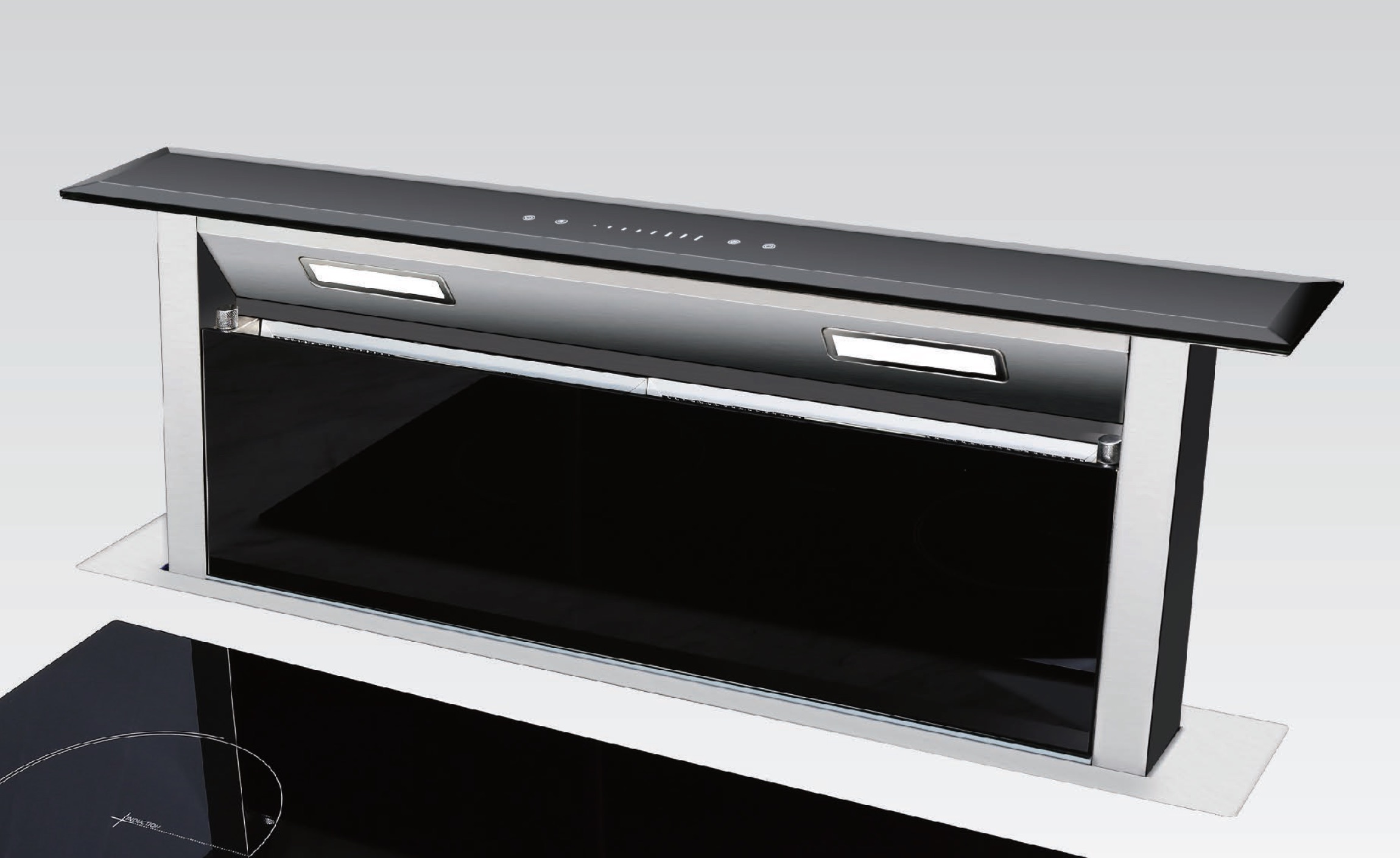

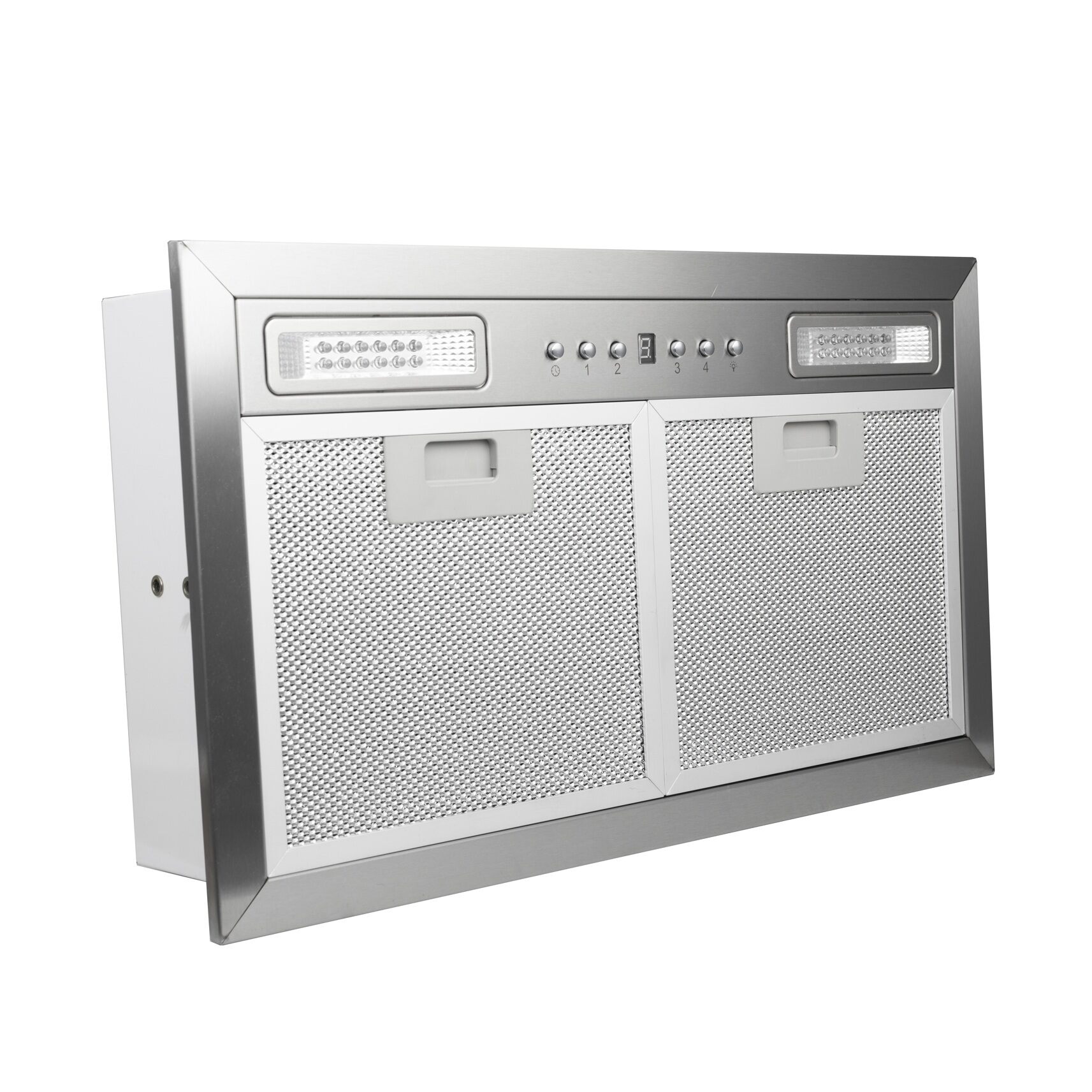
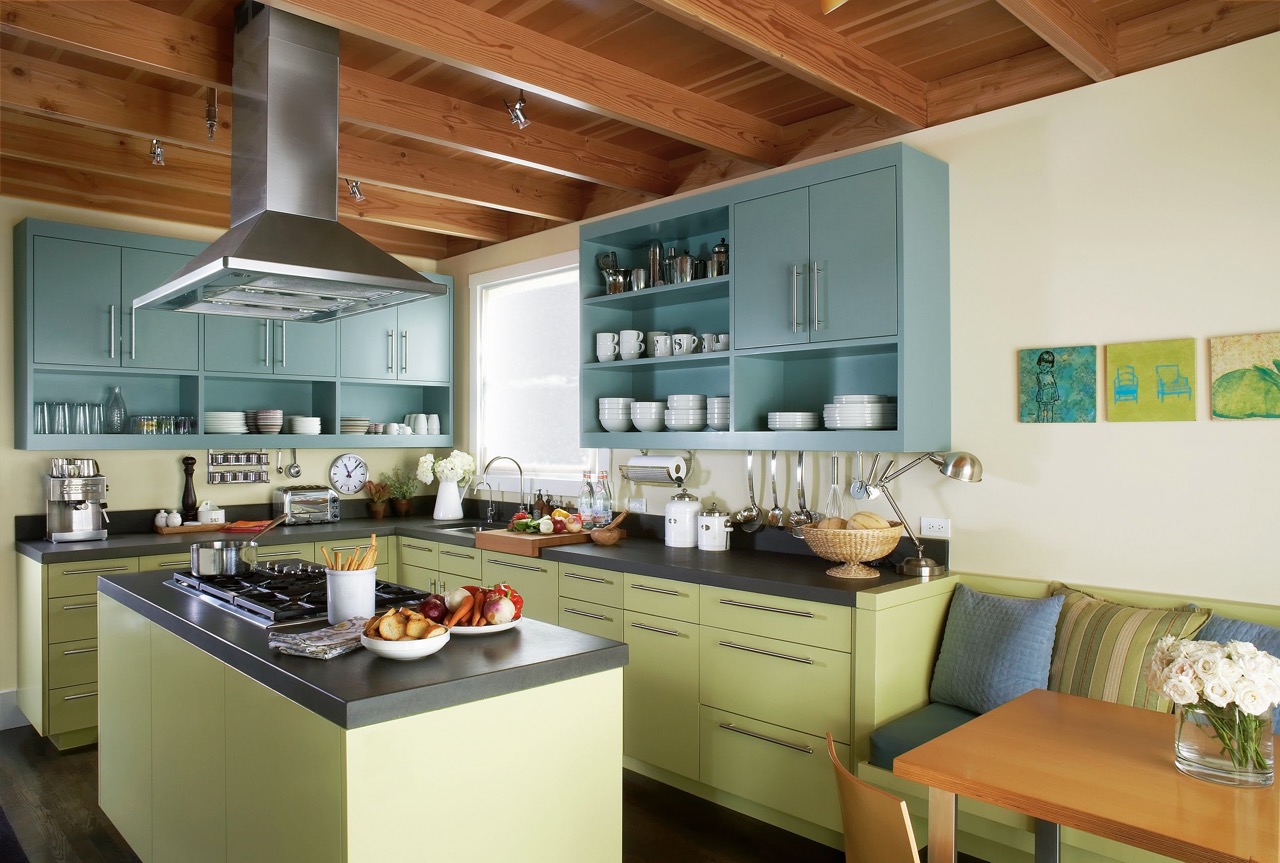
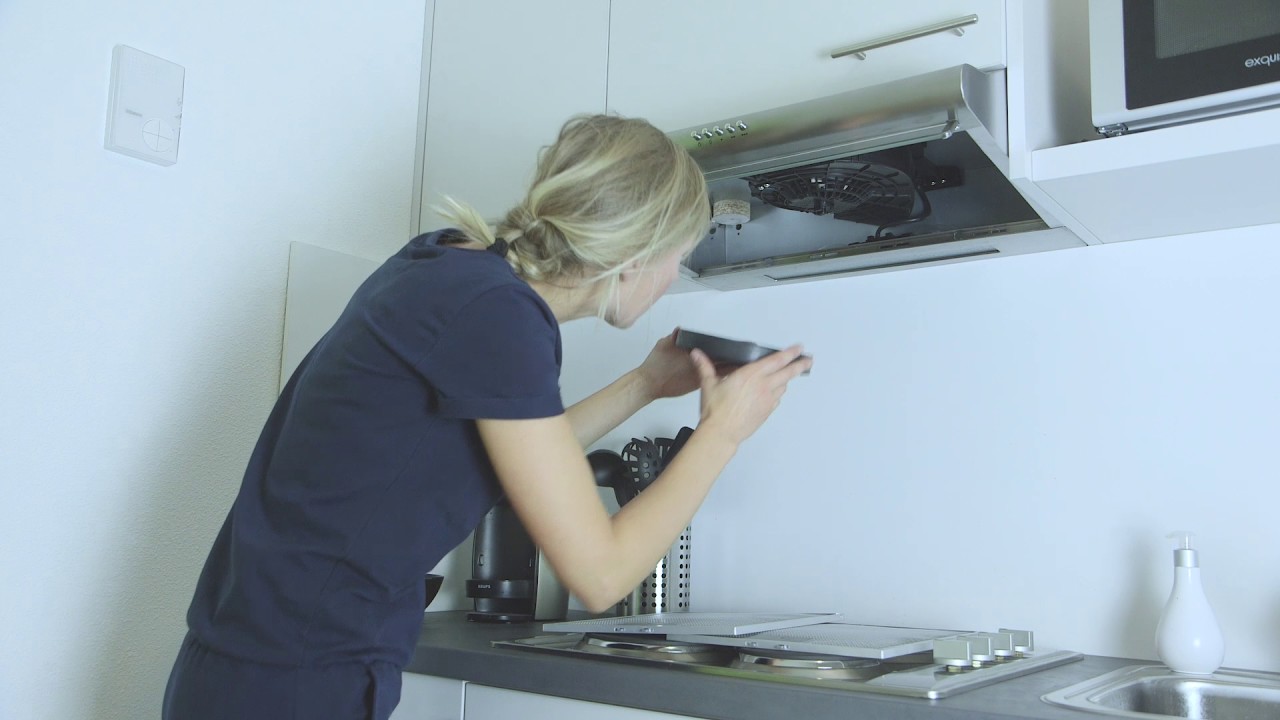
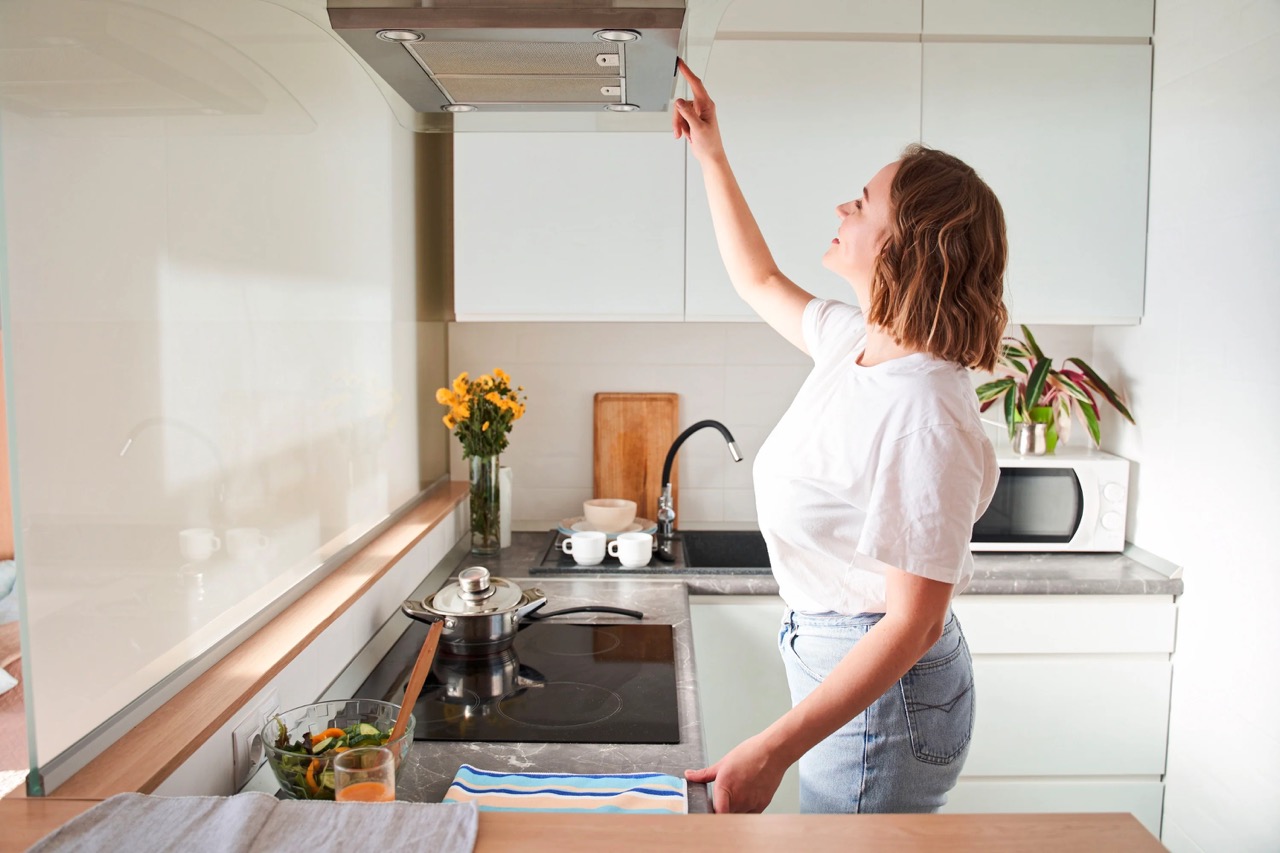
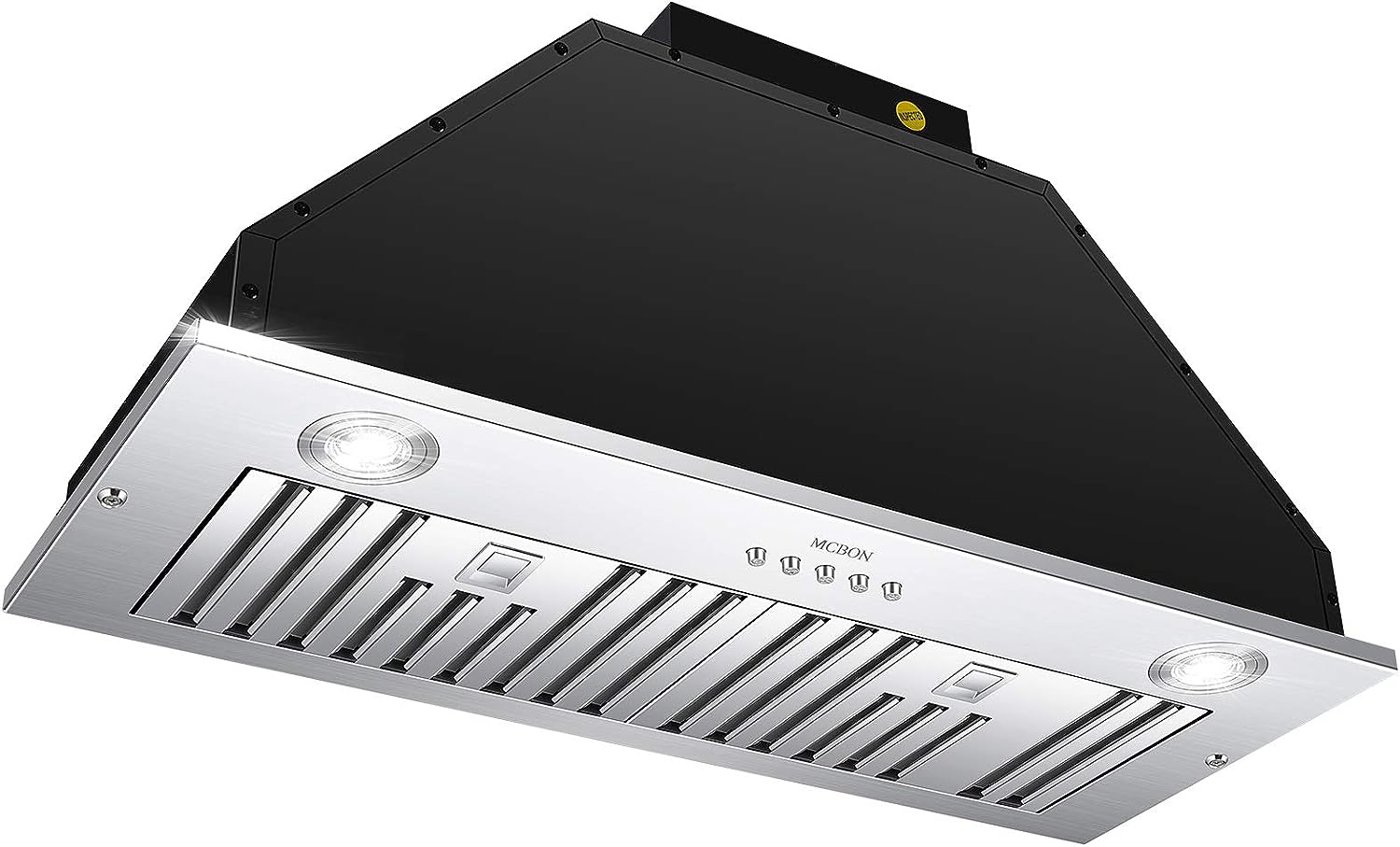
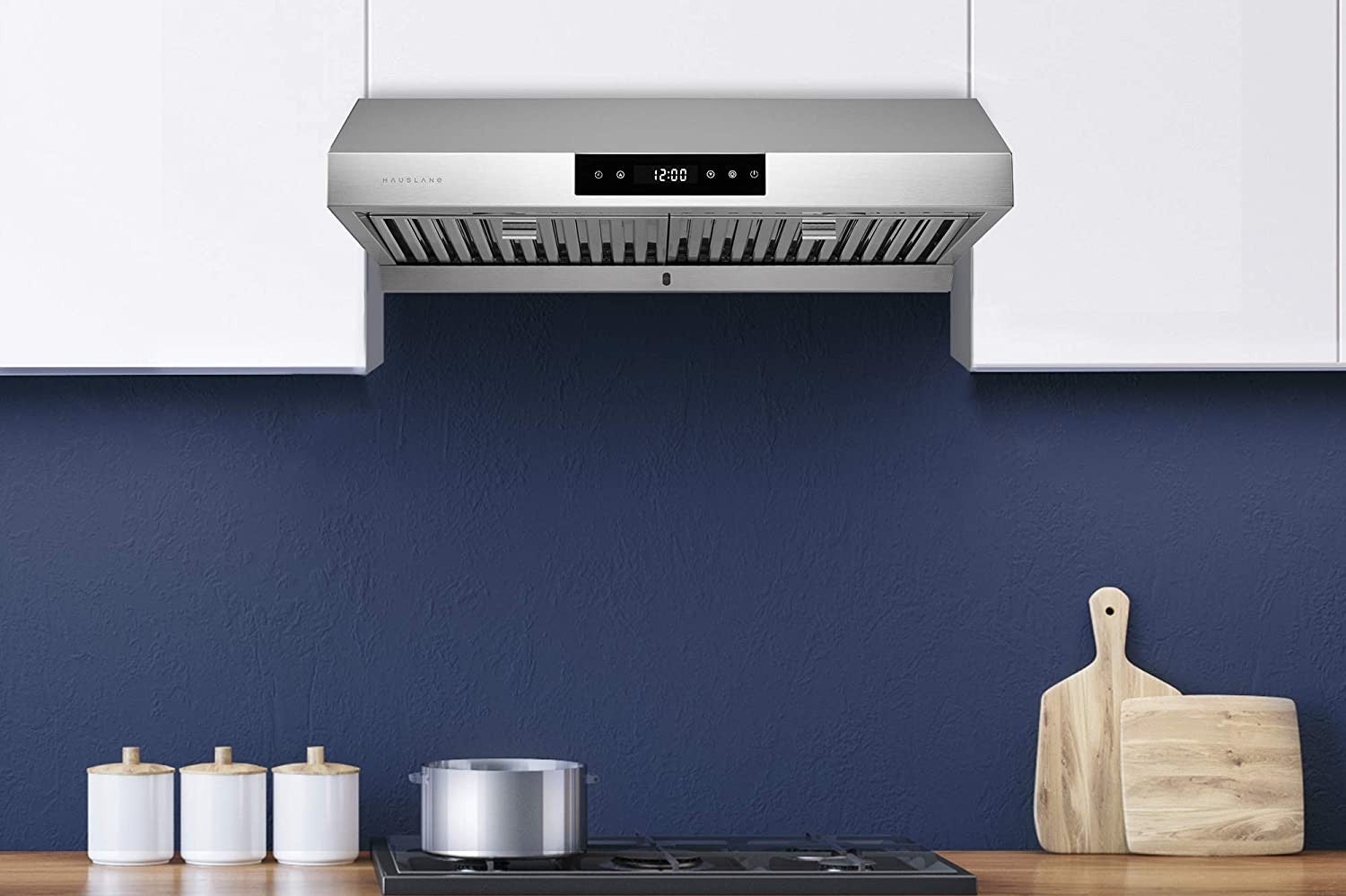
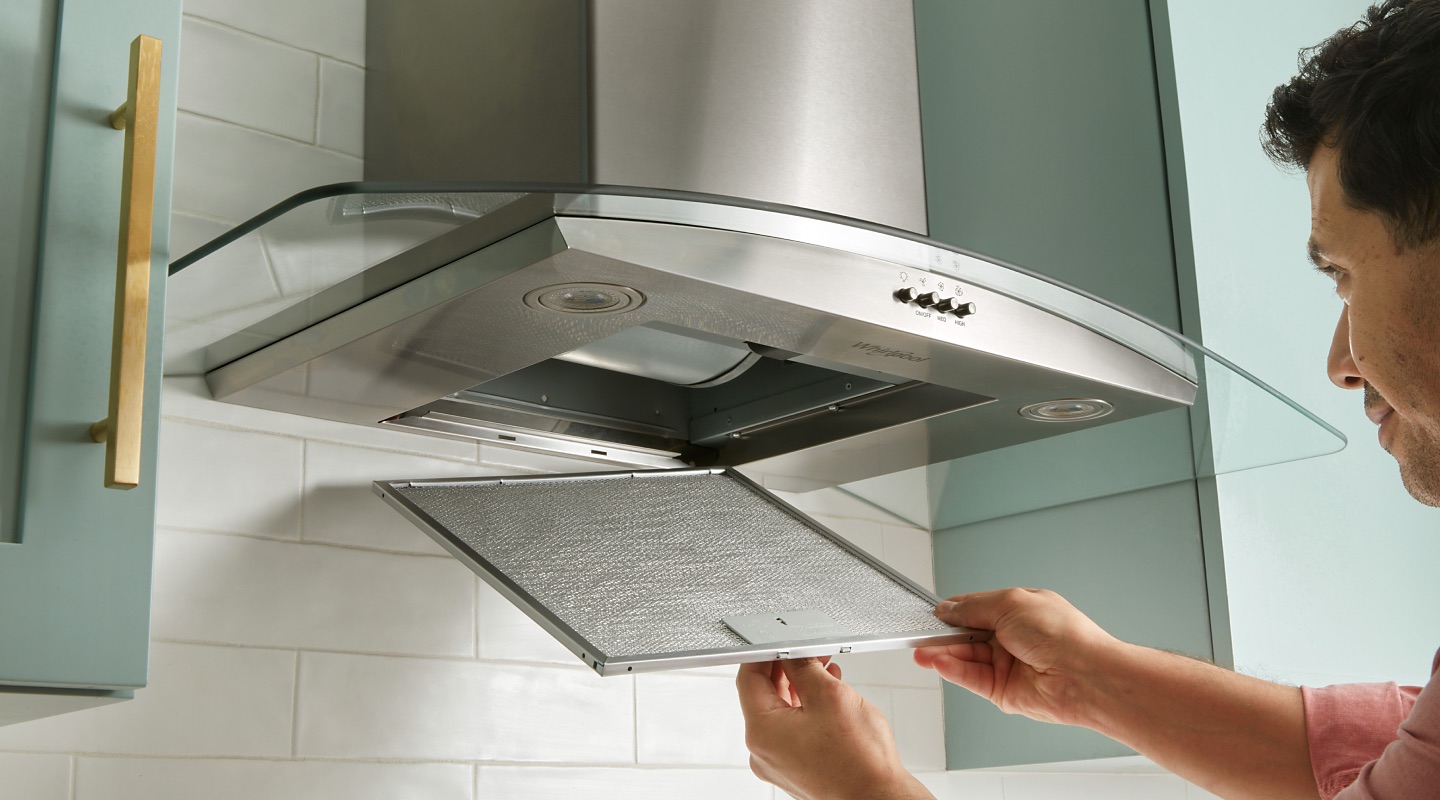
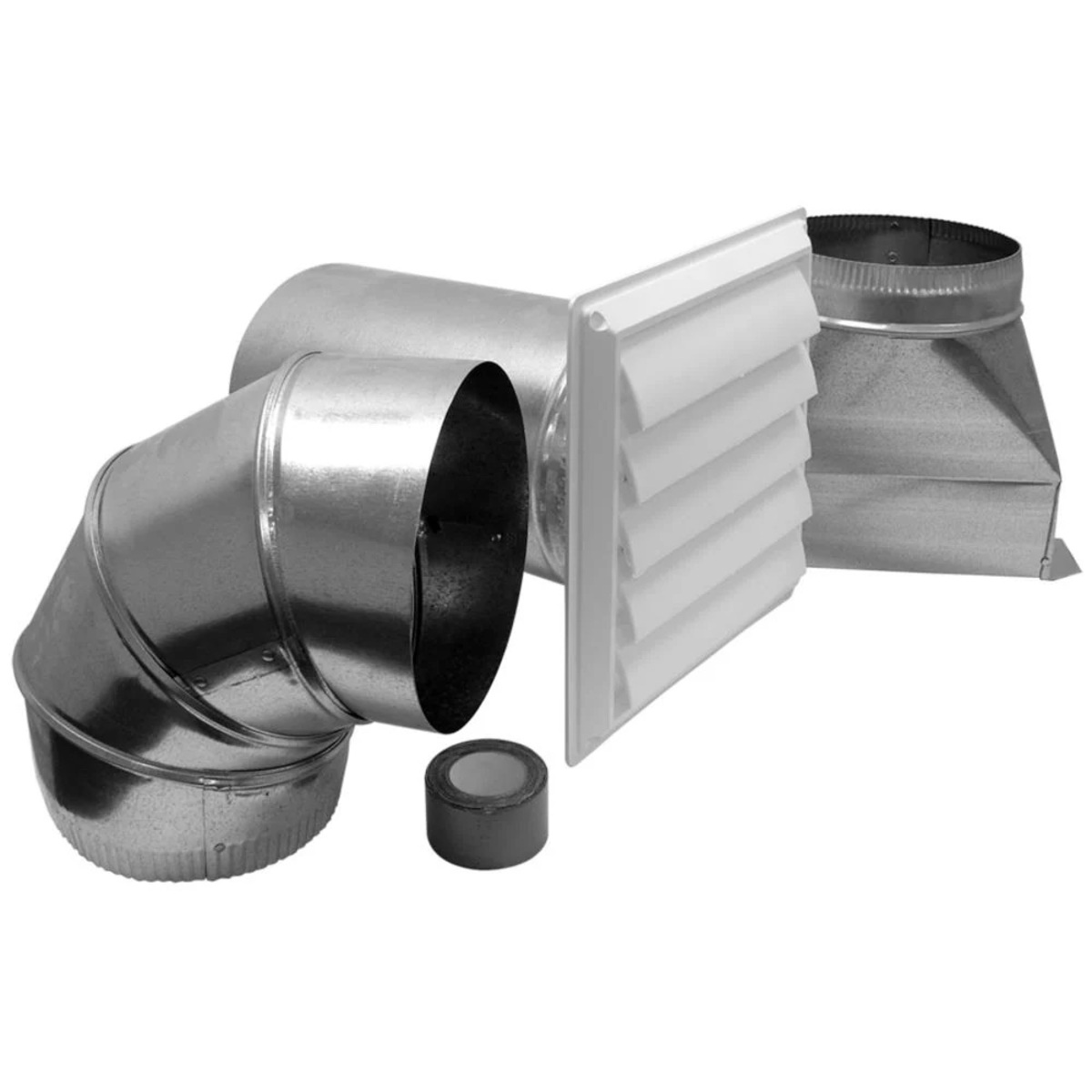
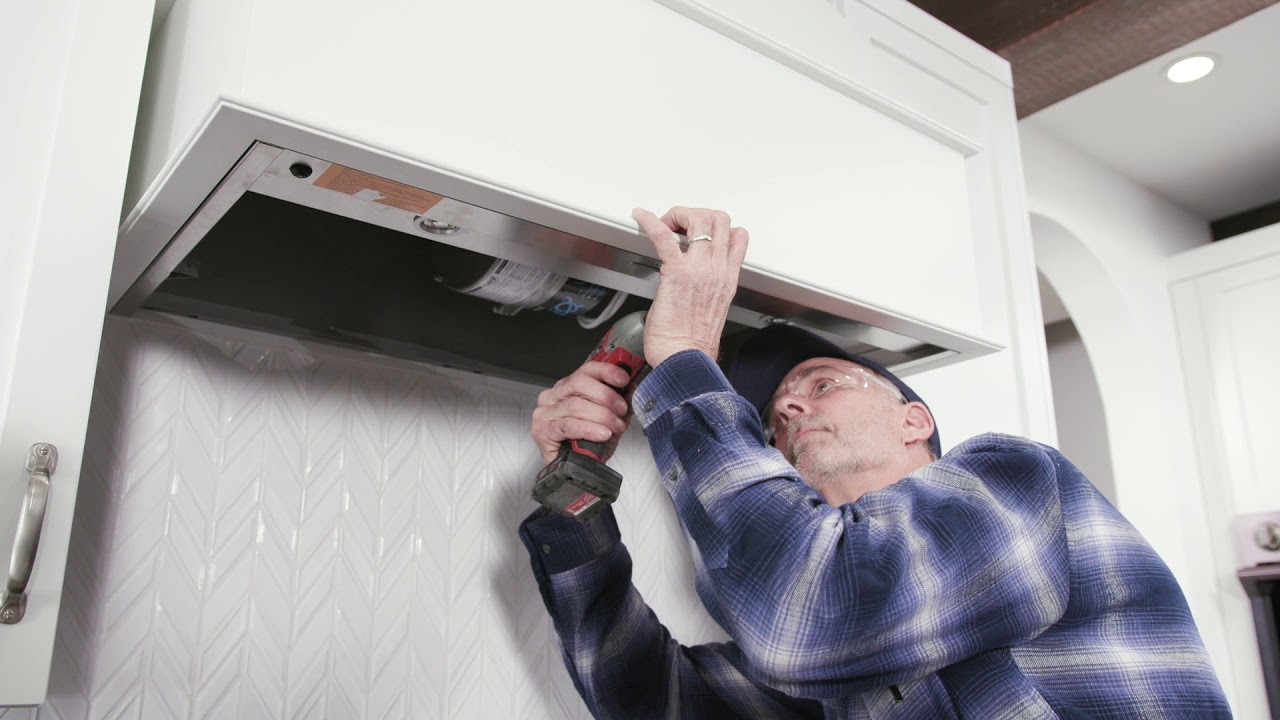
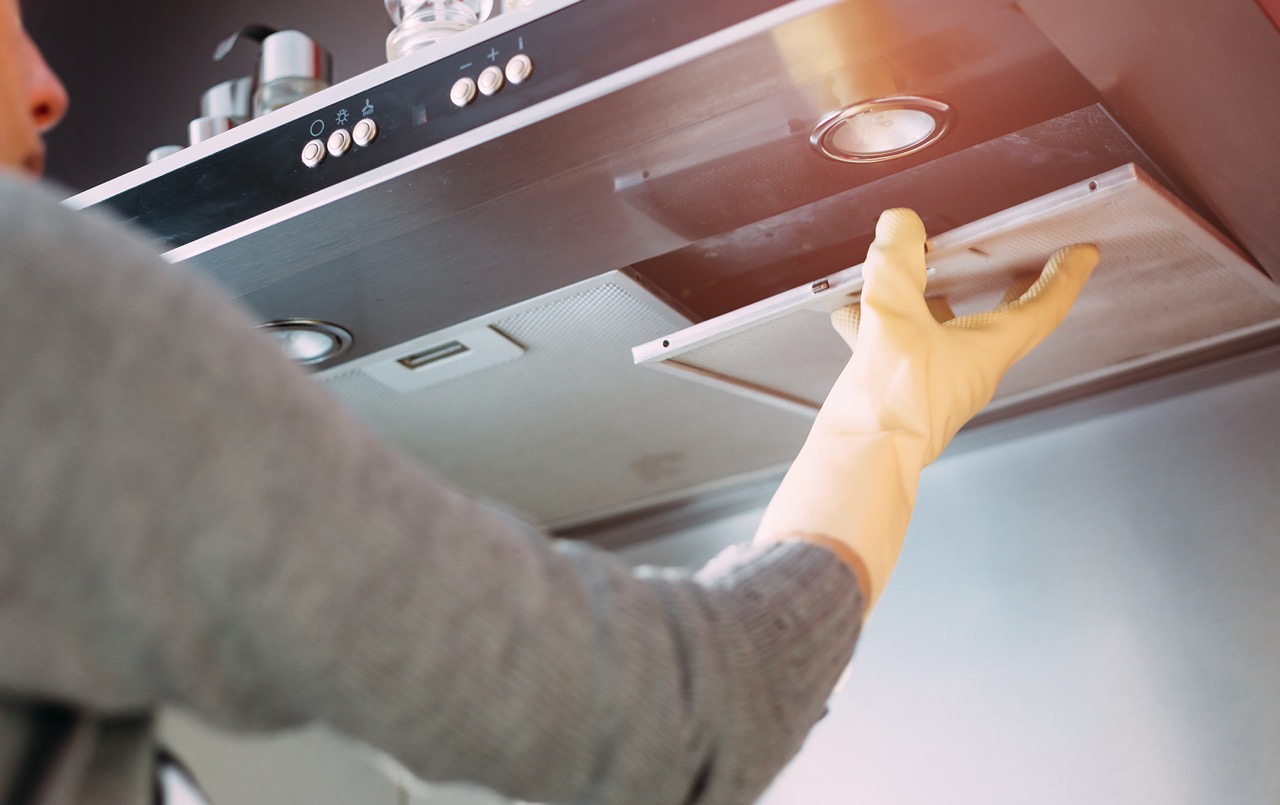
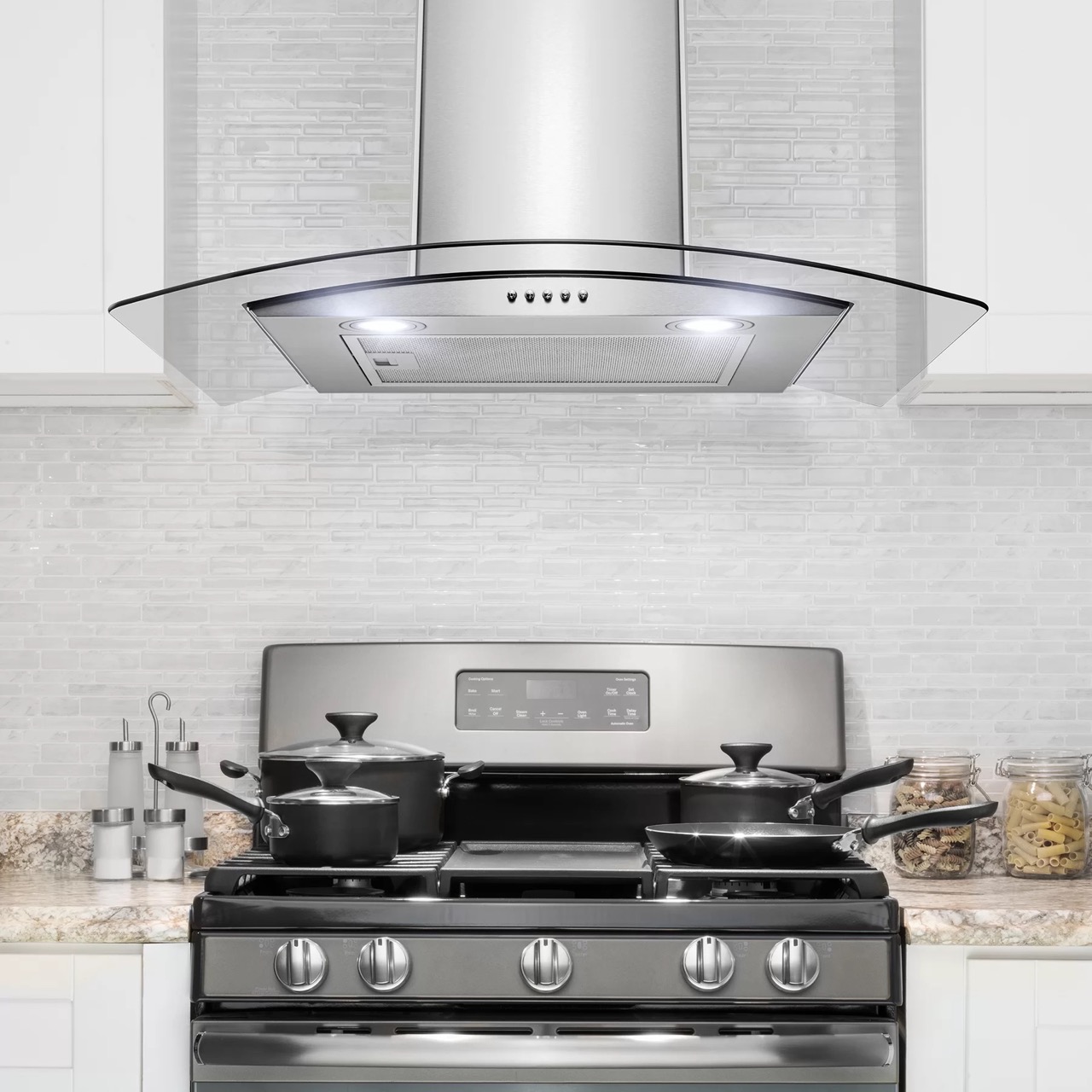

0 thoughts on “What Is Sones Rating For Range Hood”